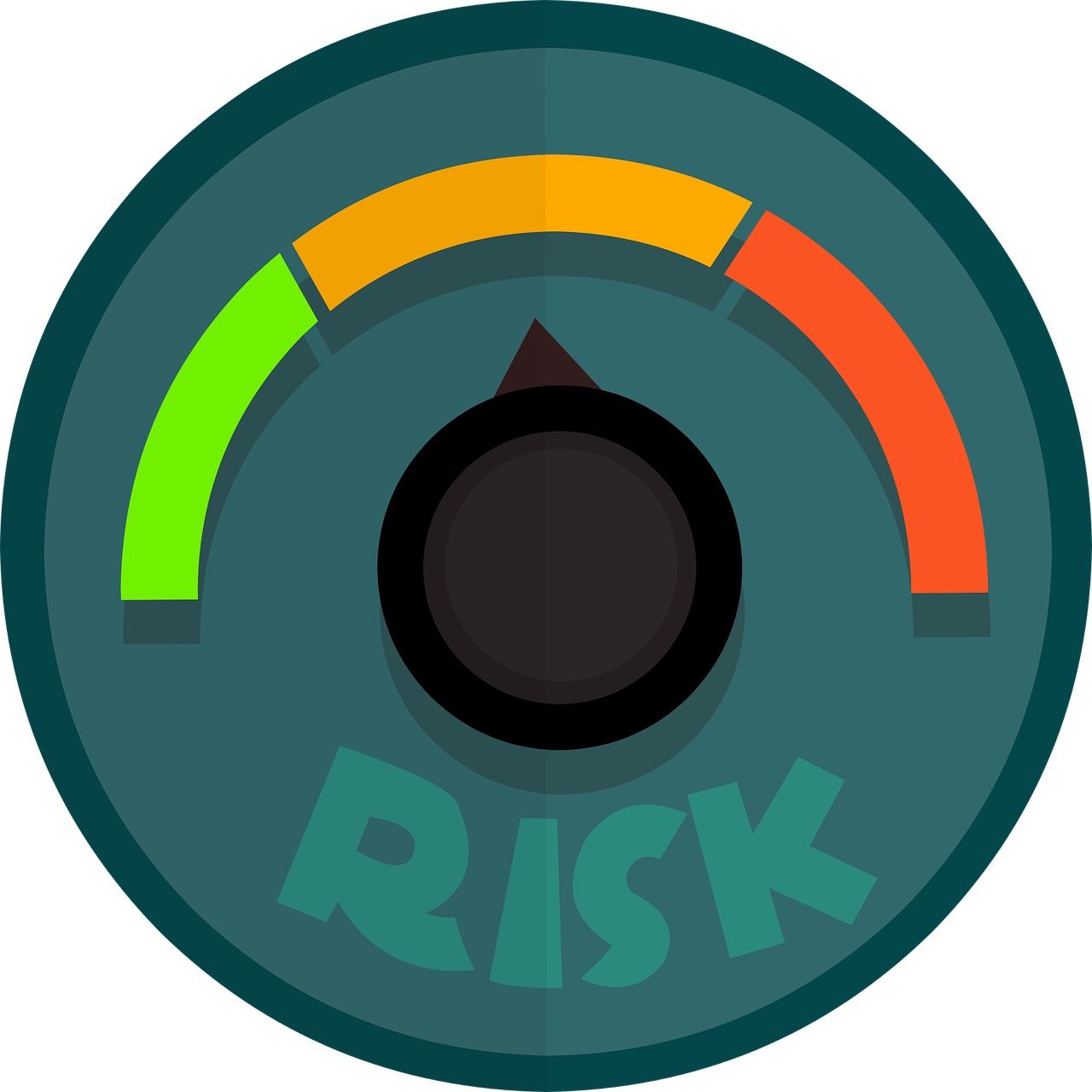Life is about managing risks.
Human beings constantly face scarce resources and are expected to manage our time, money, and efforts in an uncertain future.
Unfortunately, we’re trash at that– we’re risk-averse– meaning that people feel losses greater than gains.
For example, the lifetime chance of dying from heart disease is 1 in 6, according to the National Safety Council, while dying in a vehicle crash is 1 in 106.
This miscalculation bloated the number of deaths caused by 9/11 by thousands from people who felt safer driving to destinations and dying in car wrecks because they feared the unlikely occurrence of multiple terrorist attacks within a short period of time.
An National Transportation Safety Board study found the odds of dying on a commercial flight due to a crash is one in 29.4 million.
But we rarely hesitate to jump in the car to drive across town, but we’ll squeeze hands, get hammered, or take Xanax because we’re so (irrationally) afraid of the takeoff and landing of planes.
That’s the same with spending.
People spend about $15 billion on the lottery each year in the United States, although Via Cogency:
“The chance of winning the Powerball jackpot is one in 292 million. Individuals are much more likely to achieve sainthood (one in 20 million), be dealt a royal flush in poker (one in 650 thousand) or be fatally wounded by a meteorite (one in 75 million).”
Life is full of surprises and catastrophes. So it’s natural to feel fear, but not to let it grip us for every second.
Most people fear homelessness, which could be brought on by a spouse’s death, a lost job, or a tragic accident.
We could sit around on the couch at all hours, terrified this could happen.
We could hedge the risk for when (not if) bad events happen by building a 6-12 month emergency fund, invest in a 401k, IRA, and continue building life skills to maintain employability.
We could hedge against heartbreak by swearing off dating. That costs a possible love and life with future children.
Manage love – don’t fall in love with people immediately, don’t leave yourself open to risk (allowing someone else to claim residency in your home, creating shitty passwords).
When you run a marathon, you have to compartmentalize your feelings. You place temporary pain behind your goal of hauling ass 26.2 miles, and you toss embarrassment of struggling to last in line, because you’re facing fears and accomplishing feats.
You manage temporary pain lifting weights in the gym, and you manage the temporary pain and annoyance of raising idiot kids so they can grow up to be superstar adults.
We also have to manage risks. Is the few minute nicotine buzz worth damaged lungs, fewer years (and lower quality) life?
We would likely choose a promised five years at a $45,000 job rather than an 18-month contract 60,000 contract with Google, just because we’re afraid of what’s next and having to prove your worth.
No matter how good we feel we are at making the right decision, there’s tradeoffs to every action.
The Pew Research Center found that 52 percent of young adults living with their parents again– the highest amount since the Great Depression– after a mixture of COVID-19 and the government’s reaction to the SARS-CoV-2 virus, shuttering entire industries, and forever changing the lives of a young generation who just started.
There’s a risk of contracting COVID-19. There’s also a certainty of seeming less employable to future companies.
Young adults are missing out on gaining work experience, life experience, and new friendships.
But it may take a years or more to truly discover the consequences of our policy and spending decisions within the last year on a worldwide scale.
